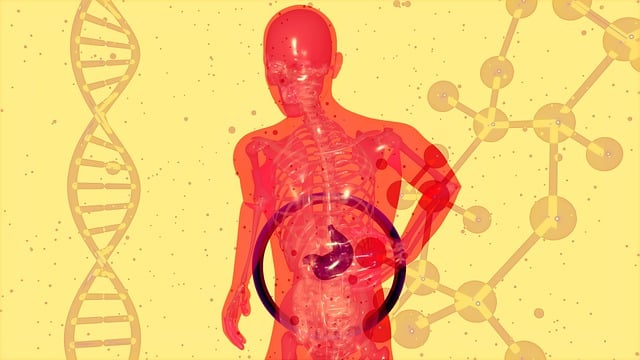Dyspepsia, also commonly known as indigestion, is a term used to describe a range of symptoms that occur in the upper abdomen. These symptoms often include:
- Pain or discomfort: A burning, gnawing, or sharp pain in the upper abdomen is a common symptom of dyspepsia.
- Bloating: A feeling of fullness or bloating after eating, even with small meals.
- Nausea: Feeling queasy or experiencing an urge to vomit.
- Belching: Frequent burping or excessive gas in the stomach.
- Acidic taste: A sour or acidic taste in the mouth, sometimes associated with regurgitation of stomach contents.
- Early satiety: Feeling full after eating only a small amount of food.
Dyspepsia can be caused by various factors, including overeating, consuming spicy or fatty foods, stress, smoking, and excessive alcohol or caffeine intake. It can also be related to underlying medical conditions such as gastroesophageal reflux disease (GERD), gastritis, peptic ulcers, or even more serious conditions like stomach cancer, although these are less common.
Treatment for dyspepsia depends on the underlying cause. In many cases, lifestyle modifications, dietary changes, and over-the-counter antacids may provide relief. If the symptoms are persistent or severe, a healthcare provider may recommend further evaluation, which could include endoscopy or other diagnostic tests to rule out any underlying medical conditions.
If you experience persistent or severe dyspeptic symptoms, it's essential to consult with a healthcare professional for a proper evaluation and diagnosis to determine the underlying cause and receive appropriate treatment.
Top Stories, Trending, Viral, Jobs, Information & Entertainment Telegram Channel Click to Join Infimor
